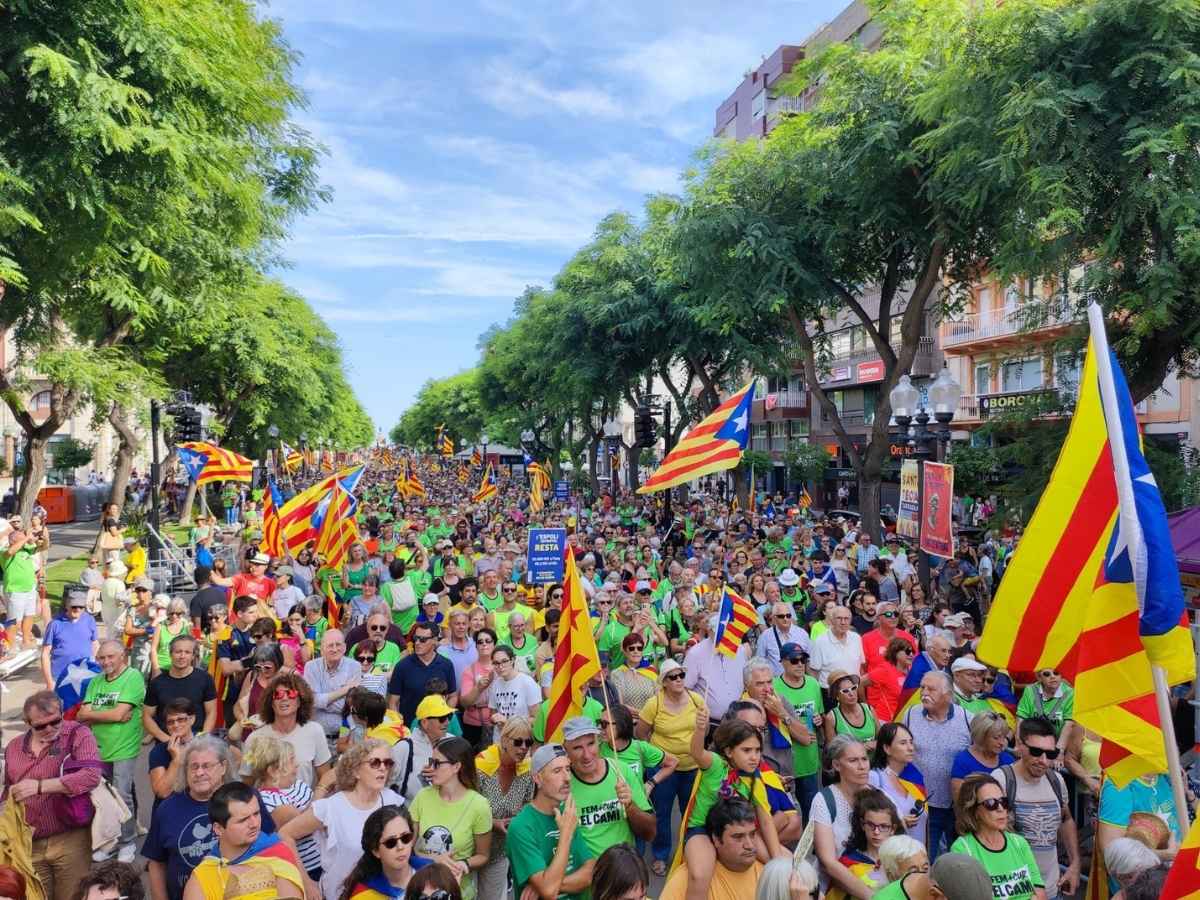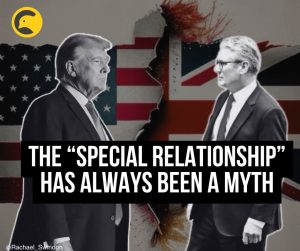Every 11 September Catalonia celebrates its National Day, commemorating that on that day in 1714 it lost a war and was annexed to Castile, all its institutions were abolished, its language was banned and it began to be treated as a colony. This was from 2024’s rally:
A people that chooses this kind of anniversary as a national day commits itself to remembering that its freedom was taken away from it and makes it clear that it will want to regain it in the future, as it has been trying to do ever since. But the military brutality of Castile repeatedly prevented this, with bombings, imprisonments, and mass executions.
Catalonia: Spain may try and frighten the people
In 2017 Catalonia naively thought that, in the context of the EU, Spain could not resort to violence as before and this would open the door to a democratic way out of the conflict with a referendum on self-determination. But Madrid sent 10,000 police to repress the voters of the self-organised referendum, with images that went around the world.
Since then, Spain has squandered enormous resources to try to destroy the Catalan independence movement: with police and judicial repression unprecedented in Europe, prevaricating, conducting prospective investigations, and twisting the law to charge embezzlement, terrorism, and treason; with illegal spying on politicians, activists, and lawyers in order to accuse or blackmail them; with a constant media attack to discredit them, and even with bribes and foul play by vigilante groups acting outside the law.
With this way of proceeding, Spain has managed to frighten and divide the action of the pro-independence parties and, after a decade of pro-independence Catalan governments, they have just made it possible for a Spanish party to govern Catalonia (with the support of one of the pro-independence parties in exchange for economic agreements that will surely not be fulfilled).
And, with this change of government, they want to make people believe that there is another social majority that is no longer pro-independence. But everyone knows that this change has another explanation: Spain, for a decade, has been subjecting Catalonia to political violence that has affected the pro-independence parties, which are very discredited and will now have to make self-criticism and change strategies.
The pro-independence movement forges ahead
But, apart from the political parties, the pro-independence social majority continues to forge ahead as the most powerful social movement in Europe, given its almost unperturbed convening power despite all these vicissitudes.
And so, on 11 September, crowds once again took to the streets, this time simultaneously in five cities (Barcelona, Girona, Tarragona, Lleida, and Tortosa) to denounce the fact that Catalonia might not be a poor region if it had the resources that Spain plunders it with colonialist treatment:
It is up to the Catalan independence movement to devise a way to exercise the right to self-determination, knowing that Spain, which boasts of being a democratic state, will use violence to prevent it, and knowing that the EU, which boasts of being a democratic space, may once again look the other way so as not to get involved.
In any case, if the people are there, the pro-independence project will go ahead and, for Spain and the EU, it will become increasingly uncomfortable to try to prevent the Catalans from being able to decide their future democratically.
Featured image and additional images via Assemblea Nacional Catalana





